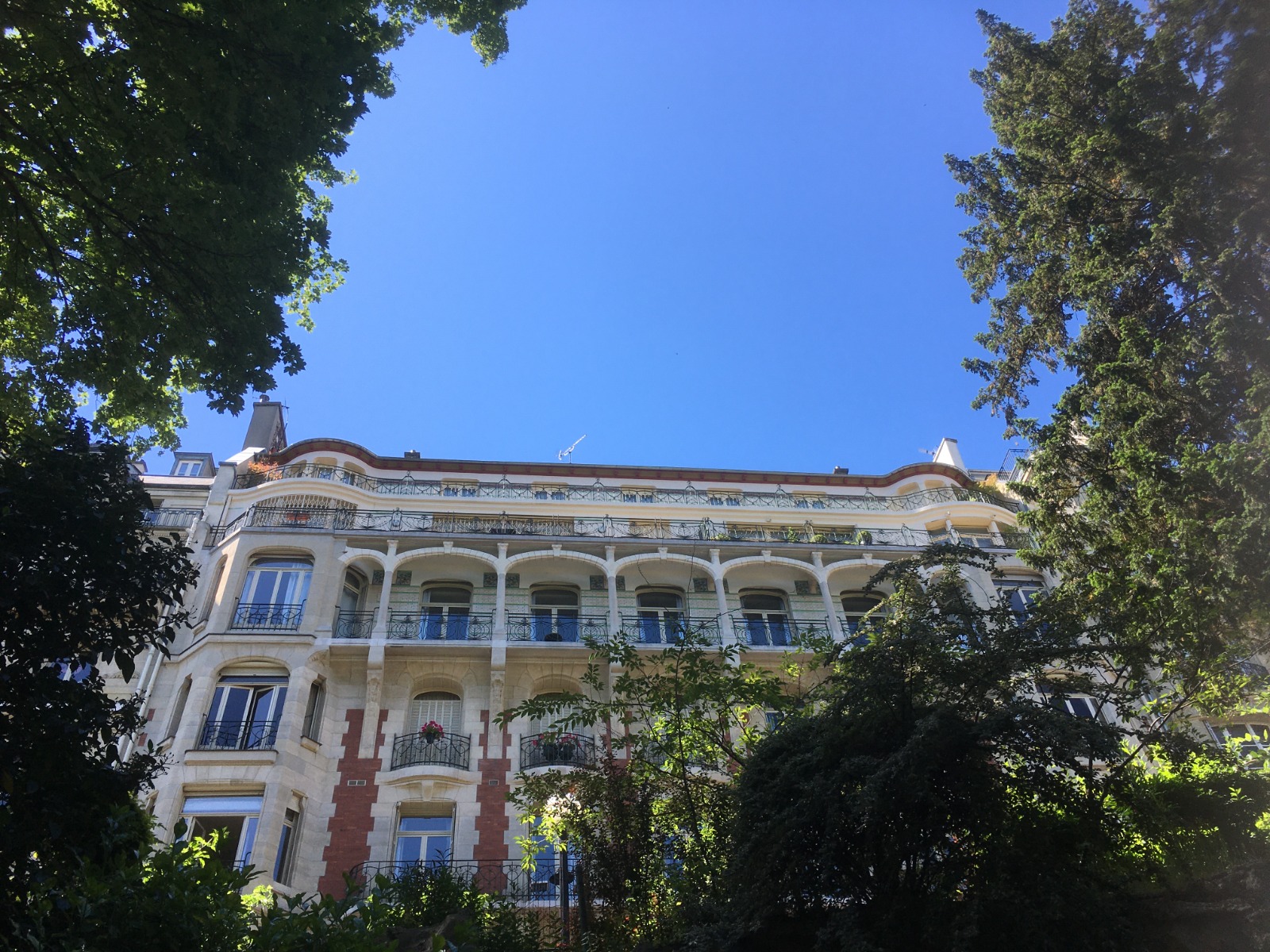Now the UK has officially left the EU, you may have questions about Brexit and French second homes.
Everything from tourist visas to capital gains tax has seen immediate changes for Britons.
We take a look at some common issues and their potential solutions.
A deal many years in the making
The British public held their referendum on leaving the European Union back in June 2016.
The result of the vote was close: 48% wished to remain in the union, while 52% opted to leave. But despite the small margin of majority, a course was set for ‘Brexit’.
Initially, the decision showed benefits for the French economy, as global firms considered the relocation of their financial headquarters from London to other EU cities, including Paris. This is something we reported in this blog at the time.
The Brexit process took far longer than many expected. Finally, after almost five years, the UK left the EU on 31 January 2021.
But what does this mean for those selling, or simply visiting, their second homes in France?
A capital gains tax increase
The impact for British citizens owning a second home in France is still fresh, and a potential minefield of new legislation and visa issues.
The biggest concern for many is likely to be capital gains tax.
Those residing in the UK no longer benefit from a rule giving reduced social charges to members of the EU. This means instead of paying the reduced rate of 7.5% on the capital gain, a higher French social charge of 17.2% is due.
Adding together the social charges with capital gains tax at 19%, British sellers must now pay a combined total charge of 36.2%. The amount for EU residents is 26.5%.
A financial professional is now needed when selling
When selling their real estate in France over €150,000, Britons will also need to use the services of a représentant fiscal (financial professional).
This wasn’t needed when in the EU due to shared legislation, but will now be necessary following the UK’s exit from the union.
The représentant fiscal will act as the seller’s intermediary in France in the capital gains tax process. They will manage the formalities related to payment of the capital gains tax and pay the tax on behalf of the seller.
Fees for this service vary but are usually around 0.5-1% of the sale price.
In most cases, the seller’s notaire will recommend a financial professional to do this, although sellers are not obliged to use them. It may be worth shopping around for a competitive quote.
Visas required for longer visits
While they were members of the EU, Britons could exercise a right to ‘freedom of movement’ throughout the member states. This is another area that has changed post-Brexit.
Of course, France continues to welcome British nationals.
However, if wanting to avoid the time and paperwork needed for a visa, they must adhere to the 90/180-day rule. This means British residents can stay as a ‘tourist’ for up to 90 days in any rolling 180-day period without a visa. This may be the simplest solution for many second homeowners.
For longer stays, or if wanting to make multiple trips to a second home that will exceed this threshold, a visa may be necessary.
The type of visa in this case is the visa de long séjour temporaire (temporary long-stay visa). These are usually given for durations from four to six months.
Please note, this visa is quite different from a visiteur residency card, which would only be necessary for those wanting to stay on in France in their home long term.
Applying for the temporary long-stay visa
After applying online via the consulate, the visa process takes around two weeks, and must be in place no more than three months before the start of the visit to France. A required visit in person will also take place in an office in either Edinburgh, London or Manchester, to provide documentation.
A positive is that any time spent in France on the temporary visa does not count towards the free 90/180-day period. By utilizing both, Britons could potentially enjoy longer stays at their second homes spread throughout the year. First, using the 90 days limit, followed by a longer stay on the visa.
That said, if staying in France for longer than six months of the year in total, you are likely to become a French tax resident. So second homeowners may want to ensure they do not exceed this threshold.
Alternatively, British citizens who are currently living in France and wish to do so permanently will need to apply for residence status by 30 June 2021.
At 56Paris, we always recommend that our clients seek advice from a lawyer or specialist in immigration law in these circumstances.
Advice on Brexit and French second homes
As an estate agency based in Paris, we are helping to manage the impact of Brexit and French second homes for our British clients.
Whether you are an existing property owner in the capital or are planning to purchase, we are here to help you. Please don’t hesitate to contact the experts at 56Paris today.
You can also follow us on social media via Facebook, Twitter, Instagram, and Pinterest for the latest updates.
All information given in this blog is current at the time of writing and is a guide only. At 56Paris, we always recommend consulting an accountant or tax professional for advice on your own assets and tax situation.
